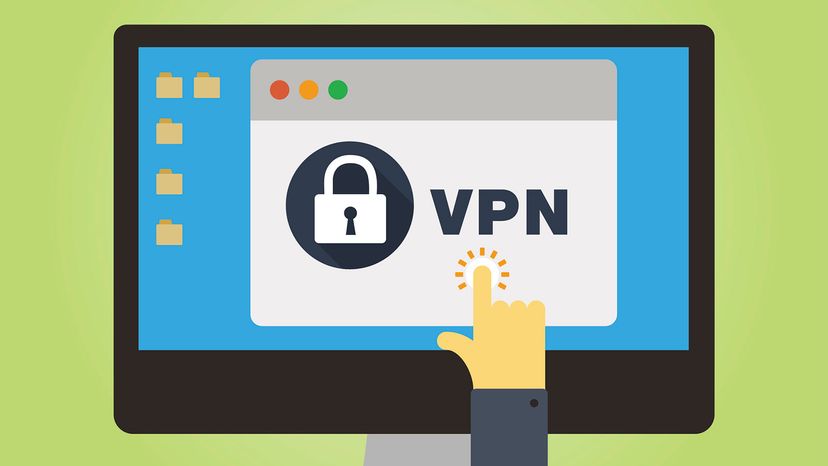The Internet was designed to offer users the freedom to access vast information. Unfortunately, to the unwary, this freedom can be compromised or restricted. Internet users can overcome these rights from being compromised with a Virtual Private Network (VPN).
How a VPN prevents users from being endangered:
A virtual private network bans ISPs (written as 가상 사설망은 ISP를 금지합니다 in the Korean language) from tapping a user’s connection and conducting deep packet inspections. With a personal VPN, a user’s data and browsing are concealed from the ISP. A VPN also allows users to override firewalls and constraints placed on website viewing. Thirdly, the user’s IP address can be made to appear as being domiciled in a different geographical location.
Image Source: Google
Advantages of VPN Technology:
The VPN provides freedom and security by masking the VPN user’s IP address with one of the VPN service’s IP addresses. This service thus hides the user’s IP address. Many VPN services enable users to select the country or location from which they wish to appear to be viewing. This means there is no blocking or spying on the user’s Internet browsing behavior due to national restrictions.
The VPN Solution:
Using a VPN to access the Internet is extremely useful. There are a wide array of security breaches on the Internet that can cause the loss of privacy or security. For instance, it is possible for government agencies to spy on users’ Internet viewing and location. Many users are not even aware that many social networks make use of users’ private data. A VPN prevents this kind of snooping.

